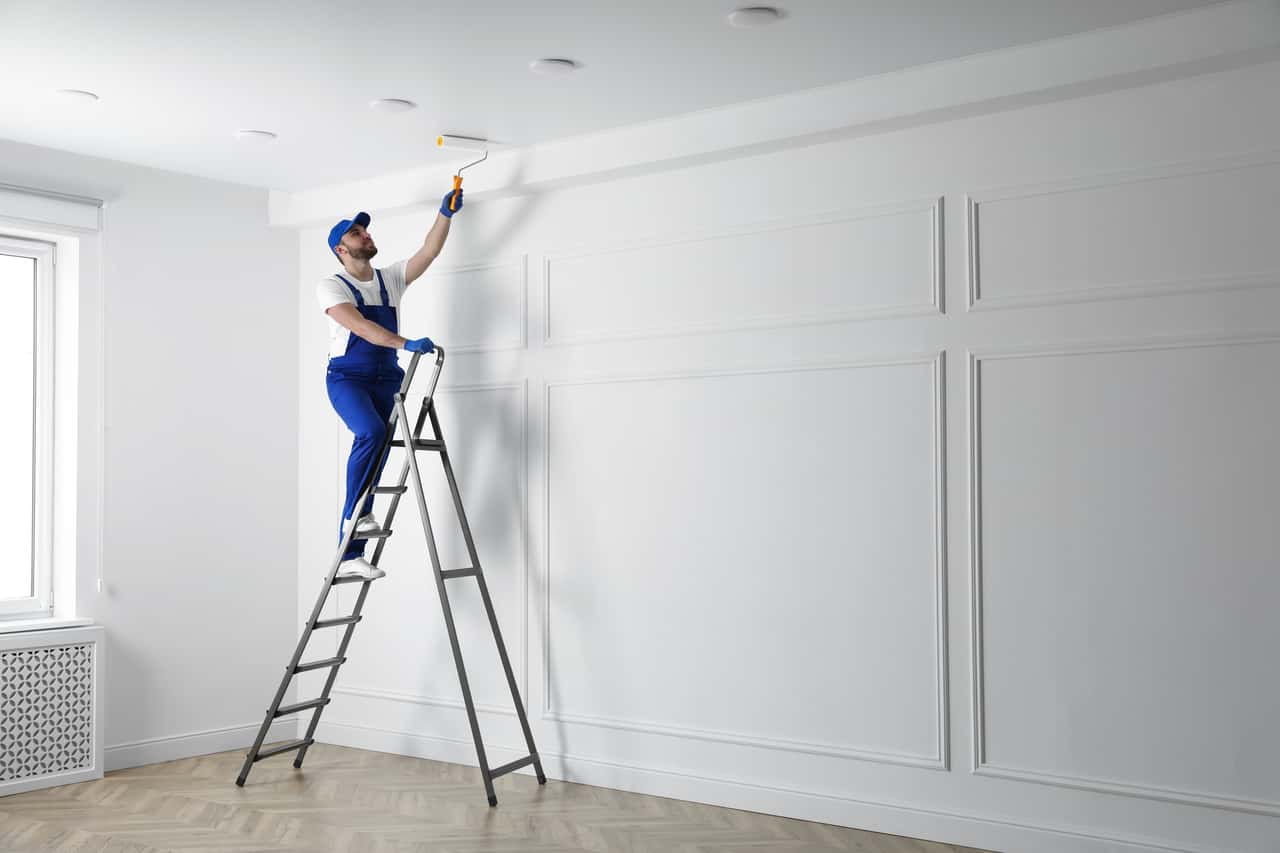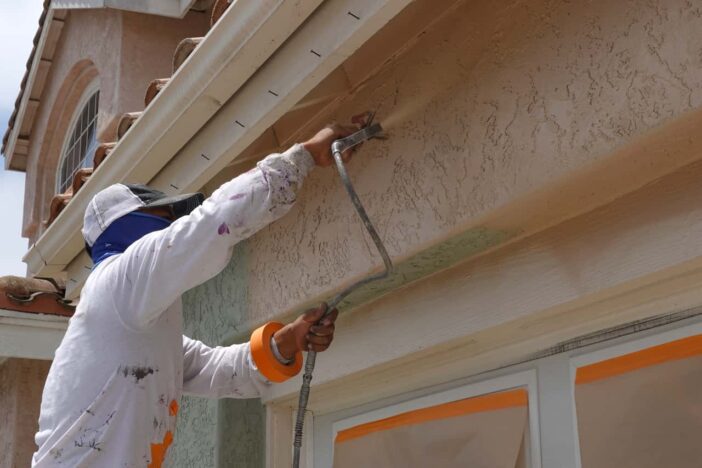Painting is one of those professions that will undoubtedly be in high demand today and in the future. The viability of the painting industry is very much linked to trends and developments in construction. Currently, the construction industry is growing steadily. Therefore, the painting business and the whole industry will be vital as the construction sector continues to expand.
If you’re considering establishing a painting business, you might want to explore your motivations first. Most people start a business because they are skilled at painting or want to make money. But, realize that to succeed, you’ll have to work hard and make smart decisions in the long run.
Even though all of these are compelling reasons to establish a painting company, it is not always simple to do so. To begin, you must contend with the competition. The next step is to set yourself apart from the competition and specify who your target market is. However, this should not discourage you from establishing your own business. That being said, here are some pros and cons of starting a painting business.
Pros
1. Easy to Start
It’s not difficult to establish a painting business. Most likely, you’ll start small and work your way up. While running a small business is simple, getting clients can be challenging. But as your company expands, managing it will require much more planning and organization.
Painting is one of those businesses you may start from the comfort of your home. For instance, if you are skilled at painting, you may offer your services to neighbours who wish to redecorate their homes. Then you build your business from there. Moreover, you don’t need much experience to start this business. However, you must be willing to do some research to learn more about the business and additional ways to hone your craft. You could explore exterior and roof painting tips, among other things, to get started. The most important thing now is to get the business up and running.
2. Scalable
Trends are constantly changing. So, to be successful in various settings, it’s critical to have a flexible company model. Fortunately, painting is a business that you can easily scale.
For instance, if there’s a surge in demand for paint jobs, you could hire part-time contractors to help you complete several projects on time. But when the business is slow, you can hire fewer workers. In addition, if you see specific trends in painting, you may regularly alter the processes in your organization to improve your service offerings.
3. Unlimited Income potential
A variety of elements will determine the success of your painting business. However, as long as you manage your business well and do your best to provide excellent service, your chances of success are high. You should bear in mind that sustained growth is what defines a successful business. If you accomplish this, there is no limit to how much money you can make. But don’t be discouraged by modest beginnings. Building a good business and reputation will take time.
4. Flexibility
When you start your own business, you have complete control over how it is run. Of course, every business is established to expand and increase revenues. However, flexibility may empower entrepreneurs because it allows them to work on their terms. You can choose work schedules, clients, job types, and contractor qualifications, amongst other things.

Cons
1. Highly Competitive
The painting industry has a fair amount of competition. Therefore, you must be prepared to compete with many other industry players once you establish your own business. It’s perhaps important to take a considerable amount of time planning how you’ll position your business and attract the customer.
As a painting business, you provide clients with a specific service. Consequently, you must define this market and develop tactics to give the maximum value to it. It will likely be challenging to penetrate any market. However, you could specialize in specific niches to increase your chances of success.
2. Inconsistent Work
Understand that in the painting industry, consistent projects are not guaranteed. Since trends will continue to fluctuate, this will be the circumstance. Remember that it’s not every day that people want to get their houses painted. This is where having a solid reputation could come into play since it increases your chances of getting referrals. Although nothing is guaranteed, you’d still need to strive harder to look for clients.
3. Low Margins
In the painting industry, you can anticipate relatively low-profit margins. Due to the high overhead expenditures, your cash flow may not be as predictable as it could be. However, you could look at options like business automation tools to streamline your business and manage costs.
Conclusion
The painting business is relatively easy to start. If you’re looking to enter the painting business, realize that it’s a great business idea, but you still have to be prepared to deal with its downsides. It may not be as profitable initially, but if you succeed within your niche, you can expect to grow steadily. But competition will usually always be there. So, you’ll need to work hard to build and keep a good reputation.





